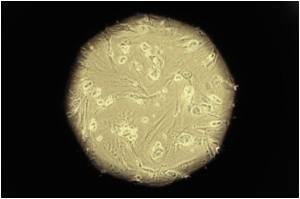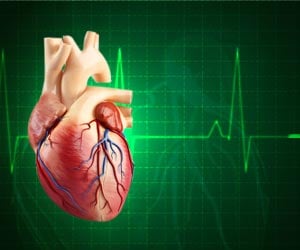Genetically engineered stem cells are good to reduce organ damage and boost cardiac function following a heart attack, a new animal study has revealed.

The team aimed to determine what role cytokines - substances secreted by cells that have an effect on other cells - might play following a heart attack.
The researchers implanted rats each with tiny polyurethane scaffolds seeded with different genetically engineered stem cells.
The results revealed significant improvements in blood pressure function in the rats implanted with scaffolds seeded with the genetically engineered stem cells.
And, blood dynamics were stable in rats that received scaffolds with unmodified stem cells.
Source-ANI
 MEDINDIA
MEDINDIA




 Email
Email










